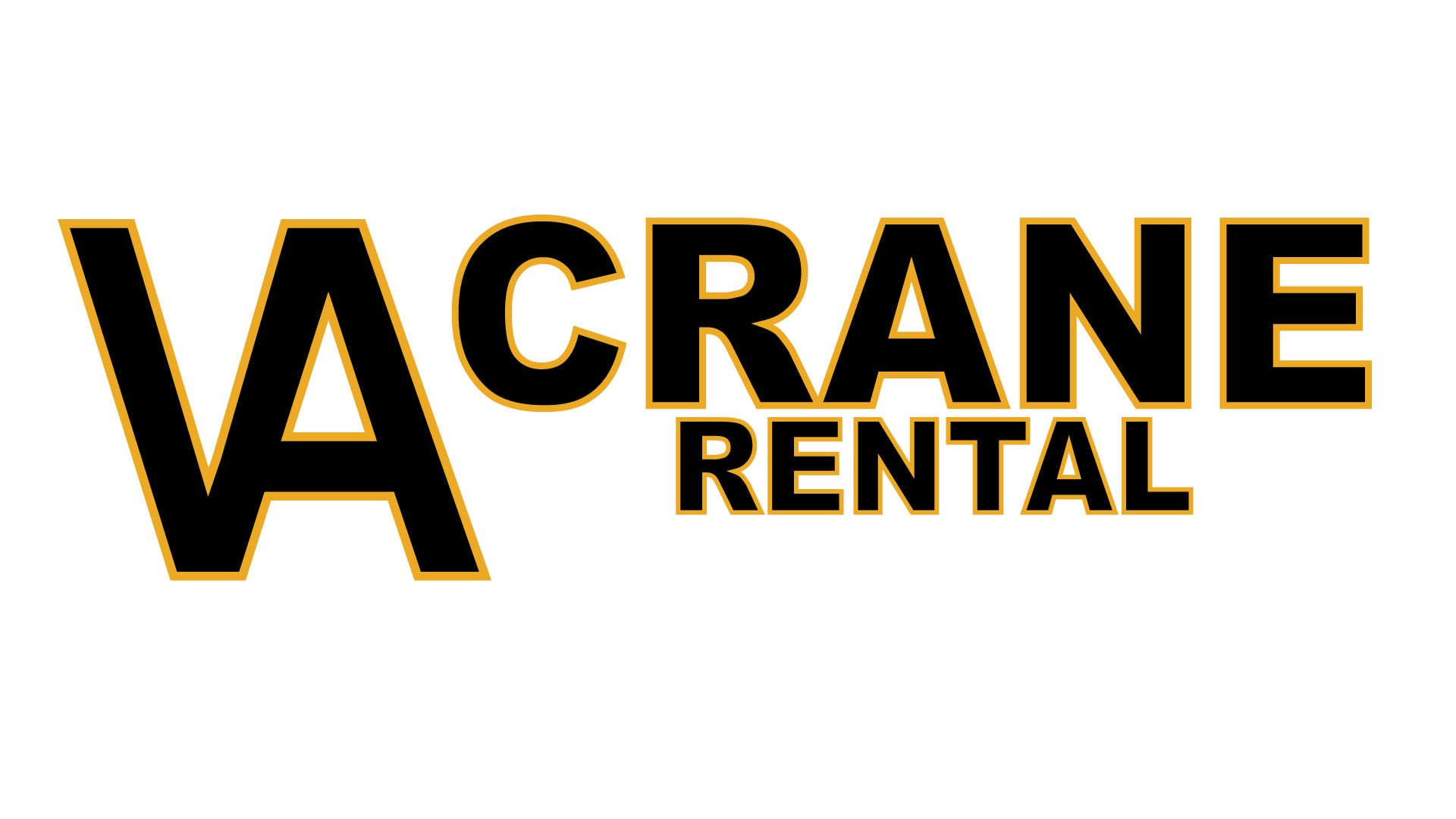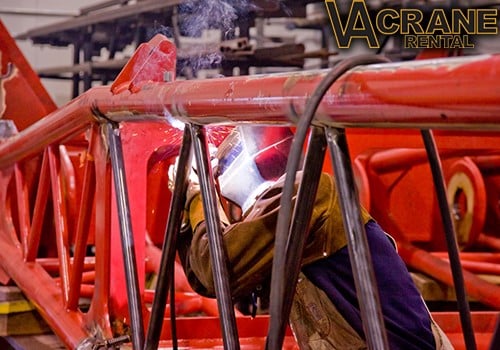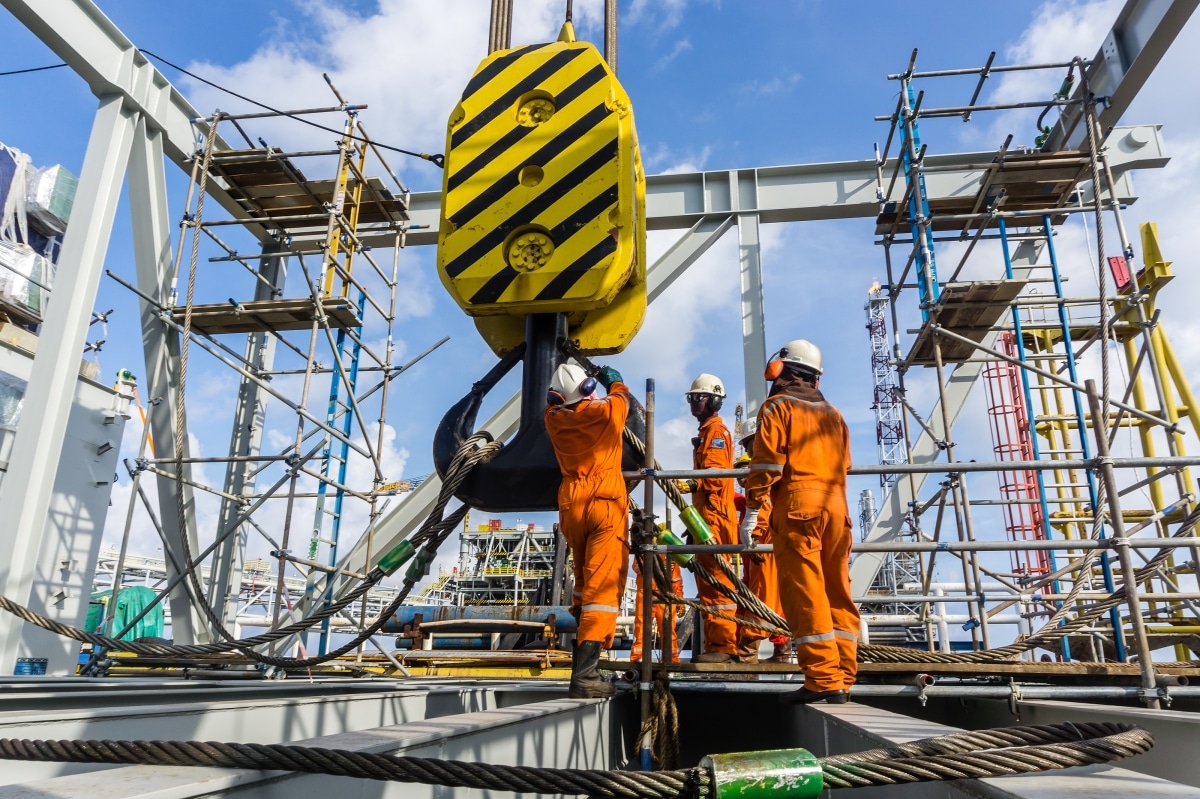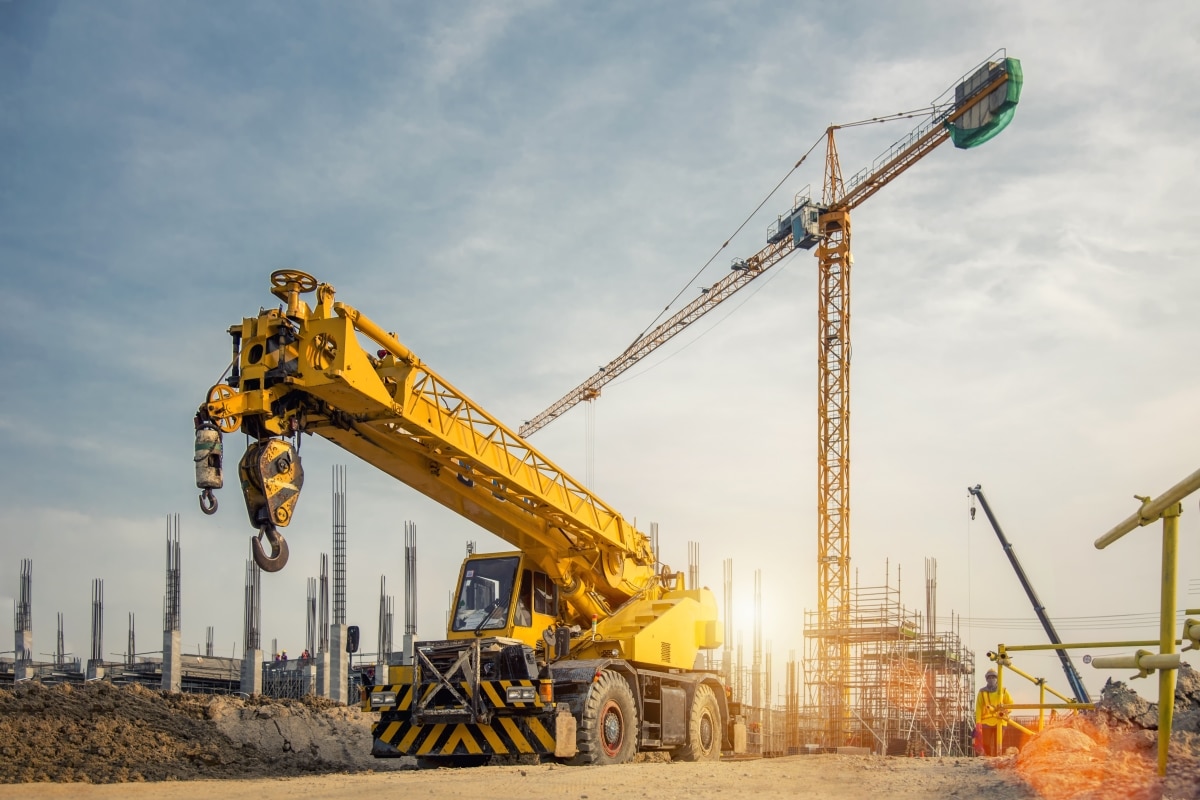Introduction
Cranes are vital for construction and industrial projects, but they face a relentless adversary: unpredictable weather. From freezing winter temperatures to sweltering summer heat, each season presents unique challenges that can lead to costly repairs, mechanical failures, and safety hazards.
VA Crane Rental is a trusted crane repair service in Virginia specializing in maintaining and repairing cranes affected by extreme weather conditions. This article explores how seasonal changes impact cranes and provides expert maintenance tips to keep them in top condition year-round.
How Weather Impacts Cranes Throughout the Year
Weather conditions can significantly affect the performance, safety, and longevity of cranes. Extreme temperatures, moisture, and high winds create unique challenges for crane operators and maintenance crews.
Common Weather-Related Crane Issues:
- Winter: Cold temperatures can cause metal contraction, hydraulic fluid thickening, and battery failure.
- Spring: Heavy rain increases the risk of rust, electrical failures, and weakened cables.
- Summer: Intense heat leads to overheating, hydraulic system malfunctions, and UV damage.
- Fall: High winds and falling debris can destabilize cranes, causing operational risks.
Without proper maintenance, these issues can lead to mechanical failures, structural damage, and safety hazards, emphasizing the need for a professional crane repair service in Virginia.
Seasonal Crane Repair & Maintenance Tips
Winter: Protecting Cranes from Freezing Temperatures
Cold weather can negatively impact cranes by causing metal components to contract and fluids to thicken. To prevent operational downtime, follow these maintenance tips:
- Use cold-weather hydraulic fluids and lubricants to maintain system efficiency.
- Inspect and replace weak batteries before temperatures drop.
- Store cranes indoors when possible or use thermal covers to protect exposed parts.
- Check for ice buildup on cables, pulleys, and other load-bearing components.
Spring: Dealing with Heavy Rain & Moisture
Moisture and rain exposure increase the risk of rust and electrical damage. Protect your crane by implementing these precautions:
- Apply anti-corrosion coatings to metal surfaces to prevent rust.
- Inspect electrical systems for water damage and repair any exposed wiring.
- Ensure drainage systems are clear to avoid water pooling in critical components.
- Perform a full structural inspection after heavy storms to assess any damage.
Summer: Combating Heat & Sun Exposure
High temperatures and UV exposure can lead to fluid evaporation and equipment degradation. Prevent overheating with these essential steps:
- Check and top off hydraulic fluids regularly.
- Ensure cooling systems and fans are functioning properly.
- Apply UV-resistant coatings to protect exposed surfaces from sun damage.
- Monitor tire pressure, as extreme heat can cause blowouts.
Fall: Preparing for High Winds & Unpredictable Weather
Strong winds and fluctuating temperatures can affect crane stability and safety. Ensure optimal performance with these measures:
- Inspect and reinforce crane anchor points to enhance stability.
- Conduct wind-load testing to ensure operational safety.
- Trim nearby trees and structures to prevent falling debris from damaging the crane.
- Schedule a full-service inspection before winter to prepare for colder temperatures.
How VA Crane Rental Ensures Weather-Proof Crane Repairs
VA Crane Rental provides expert crane repair services in Virginia, specializing in weather-related damage and preventative maintenance. Our comprehensive services include:
- On-site inspections to detect potential weather damage.
- Emergency repair services available year-round.
- Preventative maintenance programs tailored to Virginia’s climate.
- Advanced diagnostics to identify and address issues early.
- Certified technicians with extensive experience in crane repairs.
If your equipment has been affected by seasonal weather, trust VA Crane Rental’s crane repair service in Virginia to restore it to peak performance.
Conclusion & Call to Action
Seasonal weather can have a significant impact on cranes, leading to mechanical failures, structural issues, and safety risks. By implementing seasonal maintenance strategies, you can extend the lifespan of your equipment and reduce costly repairs.
Don’t wait for seasonal weather to damage your crane—schedule a professional crane repair service in Virginia with VA Crane Rental today!
FAQs
1. How does cold weather affect crane performance?
Cold temperatures cause metal contraction, fluid thickening, and battery drainage, which can lead to mechanical failures.
2. What are the risks of high winds on cranes?
Strong winds can sway loads, reduce crane stability, and cause structural damage, making operations unsafe.
3. How can I prevent rust on my crane during the rainy season?
Apply anti-corrosion coatings, keep drainage systems clear, and regularly inspect metal components for signs of rust.
4. What maintenance steps should I take before summer?
Ensure hydraulic fluids are topped off, inspect cooling systems, and apply UV-resistant coatings to exposed parts.
5. How often should I inspect my crane for weather damage?
Perform seasonal inspections at least four times a year, with additional checks after extreme weather events.
6. Can extreme heat damage crane hydraulic systems?
Yes, high temperatures can cause hydraulic fluids to evaporate, leading to system malfunctions and reduced efficiency.
7. What precautions should I take for cranes operating in winter?
Use cold-weather lubricants, replace weak batteries, check for ice accumulation, and store cranes indoors if possible.
8. How does moisture affect crane cables?
Excess moisture can weaken cables, cause rust, and increase the risk of snapping under load pressure.
9. Is wind-load testing necessary for cranes?
Yes, wind-load testing ensures that the crane can handle operational loads safely in high-wind conditions.
10. Why should I choose VA Crane Rental for crane repairs?
VA Crane Rental offers expert technicians, advanced diagnostics, and preventative maintenance tailored to Virginia’s climate, ensuring your cranes remain in peak condition.








